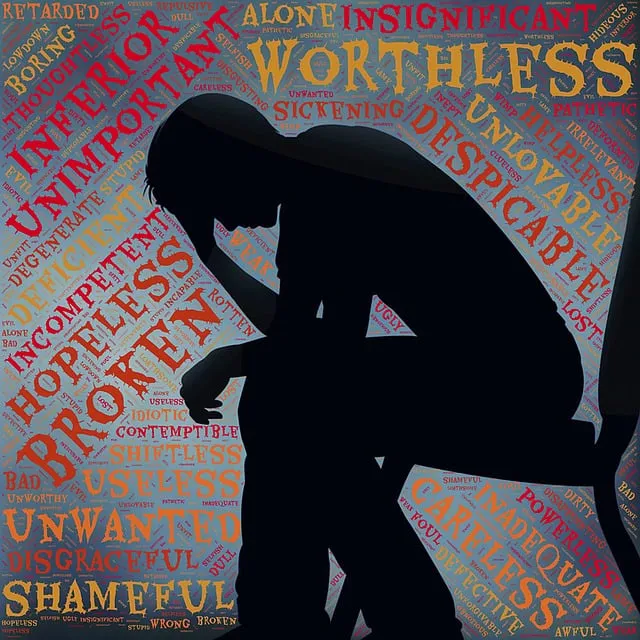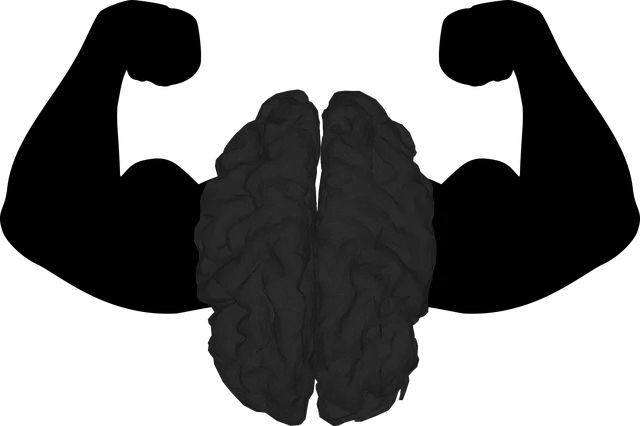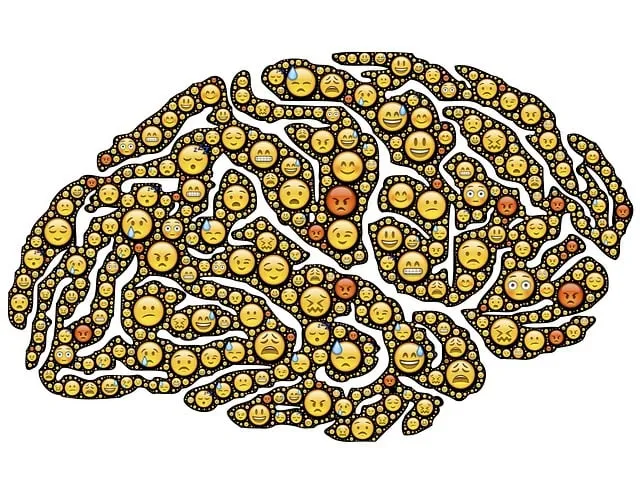The text emphasizes the harmful impact of stigma on mental health support-seeking behaviors, highlighting how negative attitudes lead to discrimination and social exclusion. Lone Tree Kaiser Permanente's positive reviews are testament to their successful destigmatization efforts through educational programs like mental wellness journaling and support groups. These initiatives foster understanding, compassion, and self-acceptance, encouraging early intervention and reducing stigma's barrier to care. By evaluating shifts in knowledge, attitudes, and behaviors related to mental health, their programs aim to enhance well-being and create a more supportive societal environment for individuals with mental illness, as evidenced by their high praise in behavioral health services reviews.
Mental illness stigma remains a significant barrier to access and treatment, yet efforts to reduce it are gaining momentum. This article explores comprehensive strategies to combat this pervasive issue, focusing on the impactful work of Lone Tree Kaiser Permanente’s behavioral health services as a case study. We review their supportive initiatives, delve into community engagement and education programs, and discuss methods for measuring the success of stigma reduction efforts. By examining these approaches, we aim to illuminate effective paths toward a more inclusive and compassionate mental healthcare landscape.
- Understanding Stigma and Its Impact on Mental Health Care Access
- Kaiser Permanente's Behavioral Health Services: A Review of Supportive Initiatives
- Strategies to Reduce Stigma: Community Engagement and Education
- Measuring Success: Evaluating the Effectiveness of Stigma Reduction Programs
Understanding Stigma and Its Impact on Mental Health Care Access

Stigma surrounding mental illness is a significant barrier to individuals seeking help for their behavioral health. It often manifests as negative attitudes and beliefs, leading to discrimination and social exclusion. Many people struggling with mental health issues may feel ashamed or embarrassed, believing that their problems are a sign of personal weakness or failure. This internalized stigma can deter them from reaching out for support, especially when they encounter societal perceptions that equate mental illness with madness or character flaws.
At Lone Tree Kaiser Permanente, behavioral health services reviews highlight the need to address this issue head-on. By providing resources and programs focused on mental health education and resilience building, they aim to foster an environment of understanding and compassion. Initiatives such as mental wellness journaling exercises and support groups can empower individuals to challenge stigma, promote self-acceptance, and encourage early intervention. Through these efforts, Lone Tree Kaiser Permanente behavioral health services strive to reduce the impact of stigma, making it easier for those in need to access the care they deserve.
Kaiser Permanente's Behavioral Health Services: A Review of Supportive Initiatives

Kaiser Permanente’s Behavioral Health Services stand as a beacon of hope in the ongoing battle against mental illness stigma. The organization has been at the forefront of innovative initiatives aimed at enhancing access to quality care and fostering understanding through various programs. Their reviews consistently highlight supportive environments that encourage open dialogue about mental health concerns, reflecting a deep commitment to destigmatization.
Lone Tree Kaiser Permanente behavioral health services reviews underscore the success of their Mental Health Education Programs Design and Mental Wellness Coaching Programs Development. These initiatives not only equip individuals with knowledge but also offer practical tools for managing mental well-being. By integrating such programs into their services, Kaiser Permanente continues to lead in reducing the stigma surrounding mental illness, ensuring that those seeking support feel welcomed, understood, and empowered.
Strategies to Reduce Stigma: Community Engagement and Education

Stigma reduction efforts play a pivotal role in fostering understanding and compassion within communities, especially regarding mental illness. Community engagement is a powerful tool to dispel myths and create supportive environments for those facing challenges with their mental well-being. By organizing workshops, awareness campaigns, and educational sessions, organizations like Lone Tree Kaiser Permanente behavioral health services can provide valuable resources. These initiatives often include discussions on topics such as Mindfulness Meditation, Crisis Intervention Guidance, and Self-Care Routine Development for Better Mental Health, empowering individuals to recognize signs of distress and offer support.
Educational programs can significantly contribute to breaking down barriers by encouraging open conversations about mental health. Through interactive sessions, community members learn about different conditions, treatment options, and the importance of early intervention. By fostering a culture of empathy and knowledge, these strategies ensure that those facing mental illness receive the necessary support without fear of judgment or discrimination, as evidenced in numerous behavioral health services reviews.
Measuring Success: Evaluating the Effectiveness of Stigma Reduction Programs

Measuring success is a critical aspect of evaluating the effectiveness of stigma reduction programs aimed at mental illness. It’s essential to adopt robust evaluation strategies that go beyond mere participation numbers or superficial changes in attitudes. To gauge genuine progress, these initiatives should focus on quantifying shifts in knowledge, attitudes, and behaviors related to mental health. For instance, assessing changes in help-seeking behaviors among participants through surveys and interviews can provide valuable insights into whether individuals are more inclined to access behavioral health services, such as those offered by Lone Tree Kaiser Permanente.
Furthermore, the impact of programs should be measured using standardized tools that assess symptoms of anxiety, depression, and stigma-related beliefs. This data allows for a comparative analysis of program effectiveness, identifying which components contribute most significantly to reducing stigma. Incorporating feedback from participants through reviews of behavioral health services, like those provided by Lone Tree Kaiser Permanente, can also offer valuable insights into the perceived value and accessibility of these programs. Ultimately, successful stigma reduction efforts should lead to improved mental well-being and a more supportive societal environment for individuals with mental illness.
Mental illness stigma reduction is a multifaceted approach that requires community engagement, education, and evaluation. Initiatives like those reviewed from Kaiser Permanente’s Behavioral Health Services in Lone Tree offer promising models for improving mental healthcare access. By understanding the impact of stigma and implementing effective strategies, we can foster a more inclusive environment where individuals are empowered to seek support without fear of judgment. Continuous measurement of program effectiveness ensures that resources are allocated efficiently, ultimately enhancing mental health outcomes for all.






